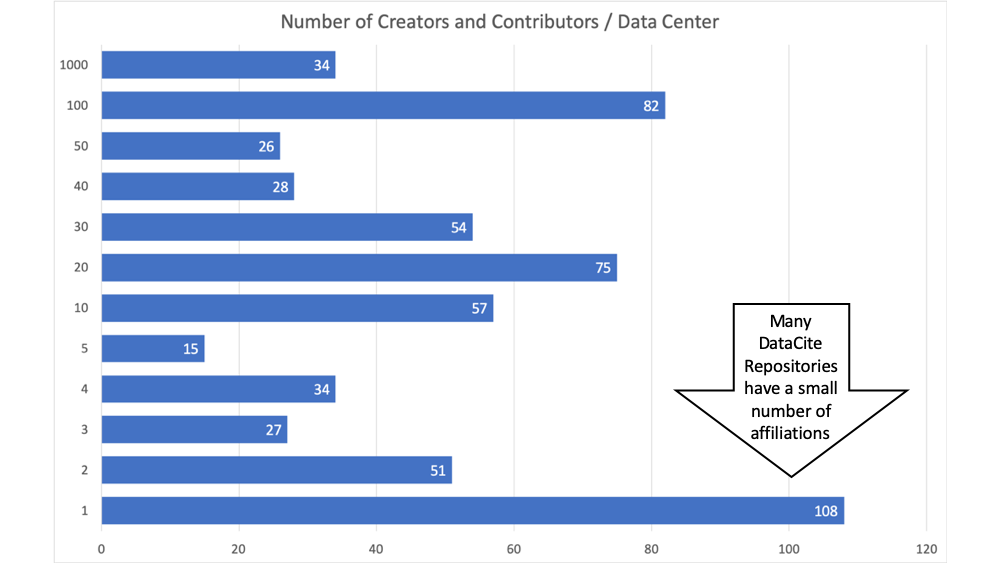
Version 4.3 of the DataCite Metadata Schema released during August, 2019 included (among other things), the capability to provide persistent identifiers for affiliated organizations in the metadata (Dasler and deSmaele, Identify your affiliation with Metadata Schema 4.3, 2019). This capability builds on the work and enthusiasm generated by the ROR Community that has championed the concept of open organization identifiers for several years









